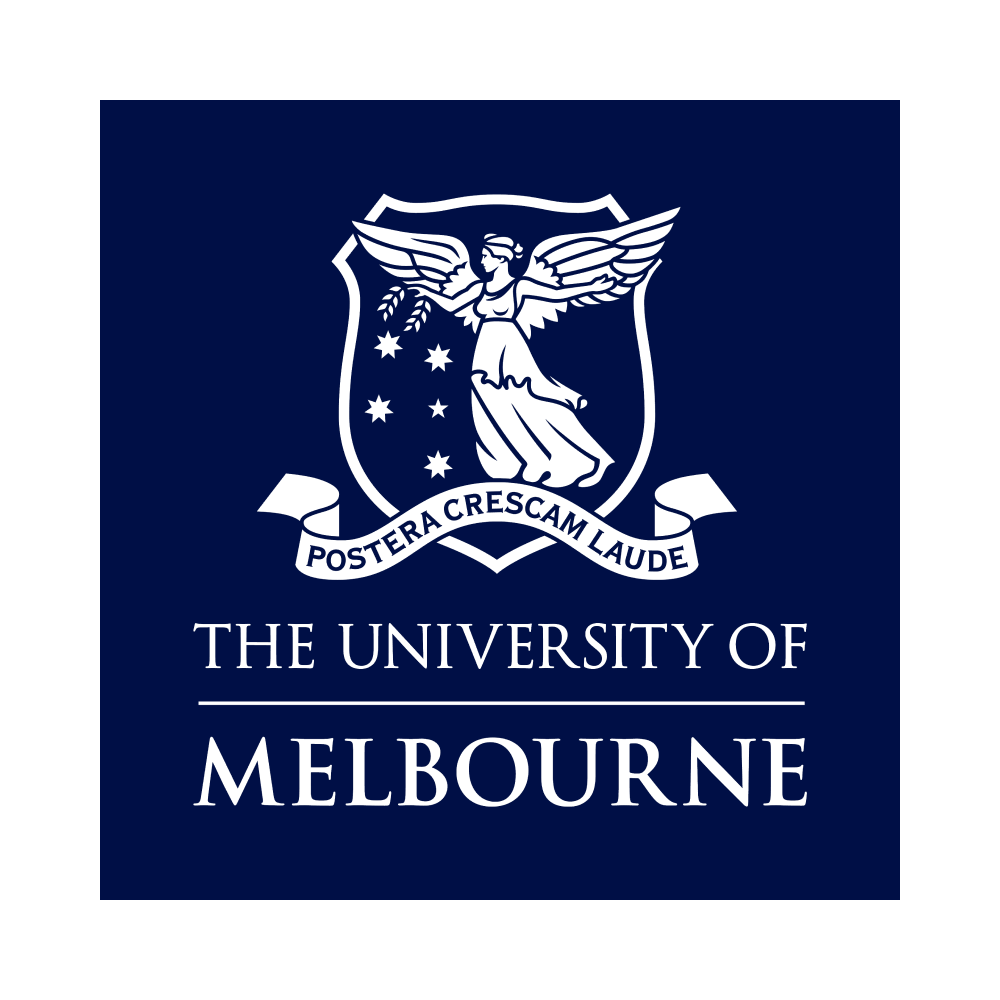University of Melbourne
Graduate Diploma in Communications Law
- Delivery: Face to Face
- Study Level: Postgraduate
- Duration: 12 months
- Course Type: Graduate Diploma
Offers legal professionals and industry specialists a comprehensive understanding of media, telecommunications and technology law, focusing on regulatory frameworks, policy challenges and emerging digital issues.

Course overview
The Graduate Diploma in Communications Law gives you an advanced understanding of the existing and developing laws affecting the media and communication industries and their impact on the publication of information, ownership, services and technology.
The course is available for both law and non-law graduates and the flexible structure makes it ideal for working professionals looking to immerse themselves in the study of communications law.
Working with lecturers who are experts in the field of communications law and fellow students from Australia and around the world, you’ll have a unique opportunity to gain an advanced understanding of this vibrant area of law.
Key facts
June, 2026
July, 2026
August, 2026
What you will study
Students must complete 50 credit points of study from the prescribed list of subjects. Each subject is valued at 12.5 credit points.
Students who do not have a law degree from a common law jurisdiction or any prior legal studies or experience are also expected to complete the two-day preliminary subject Australian Legal Process and Legal Institutions.
This introductory subject is compulsory for graduate diploma students with no previous training in law. It is highly recommended for international students who do not have a degree from a common law jurisdiction. Students are advised to attend Australian Legal Process and Legal Institutions prior to undertaking any other subject.
- Australian Legal Process and Legal Institutions (zero credit points)
Entry requirements
To be considered for entry into this course, you must have one of the following:
- Have completed a Bachelor of Laws degree (LLB) (AQF7) or a Juris Doctor (JD) (AQF9) leading to admission to legal practice with a weighted average mark (WAM) of 70%, or equivalent.
- Have completed a Bachelor of Laws degree (LLB) (AQF7) or a Juris Doctor (JD) (AQF9) or equivalent, leading to admission to legal practice and have one year of documented relevant experience.
- Have completed a bachelor's degree (AQF7) or equivalent in a cognate (relevant) discipline and the following:
- Cognate (relevant) disciplines include: Communications, Journalism and Media.
- Have one year of documented relevant experience.
Relevant experience for this course may include legal roles such as a lawyer, solicitor, advocate, attorney, counsel, barrister, magistrate, or judge's associate or roles in fields including media and communications.
Relevant experience is measured in full-time years but may be completed within a part-time equivalent timeframe.
English language requirements
All applicants to the University of Melbourne must satisfy the English language requirements. This may be achieved in a number of ways, including a recognised previous study taught and assessed entirely in English or an approved English language test.
Contact the university or visit its website for more information.
Recognition of Prior Learning
After you receive a course offer you can apply to transfer any recognised prior learning credits by applying for Advanced Standing (also known as credit or recognition of prior learning).
Advanced standing is acknowledgement of prior study granted towards your current degree, based on prior study or work experience. If advanced standing is awarded the length of your degree may be reduced. There are two types of advanced standing you can be awarded – general advanced standing or exempt advanced standing.
Contact the university or visit its website for more information.
Outcomes
Learning Outcomes
As a student in the Graduate Diploma in Communications Law, you’ll develop an advanced understanding of the complex body of knowledge in the field of communications law, including:
- The implications of different regulatory models for individuals, corporate entities, states and information providers.
- The international context facing law and the media and communications industries.
- Divergent legal norms and cultural values within contemporary approaches to communications law and policy.
You’ll also develop skills in critical analysis and the ability to interpret and transmit your ideas to specialist and non-specialist audiences, including clients.
Fees and FEE-HELP
Indicative first-year and total course fee in 2026: $24,992 (domestic full-fee paying place)
The indicative fee shown is based on a full-time study load of 50 credit points (four subjects).
Student fees may vary in accordance with:
- The number of subjects studied per term.
- The choice of major or specialisation.
- Choice of subjects.
- Credit from previous study or work experience.
- Eligibility for government-funded loans.
You may also need to pay the student services and amenities fee.
Student fees shown are subject to change. Contact the university directly to confirm.
FEE-HELP loans are available to assist eligible full-fee paying domestic students with the cost of a university course.








